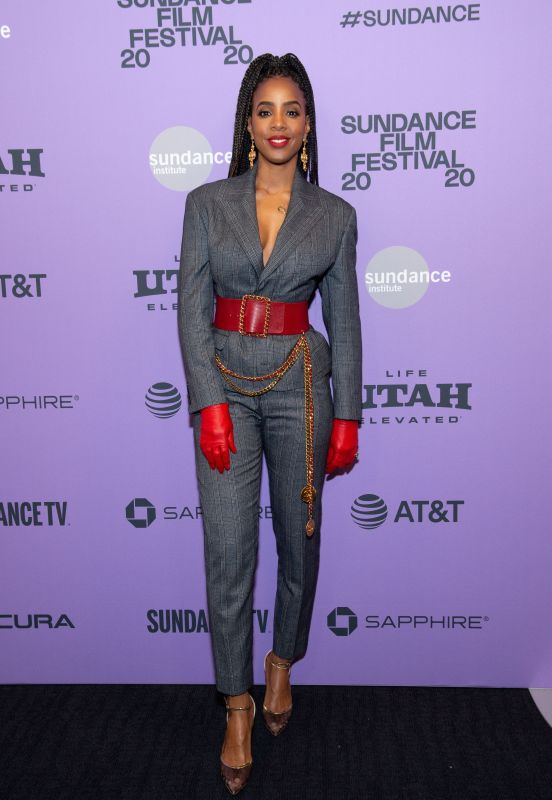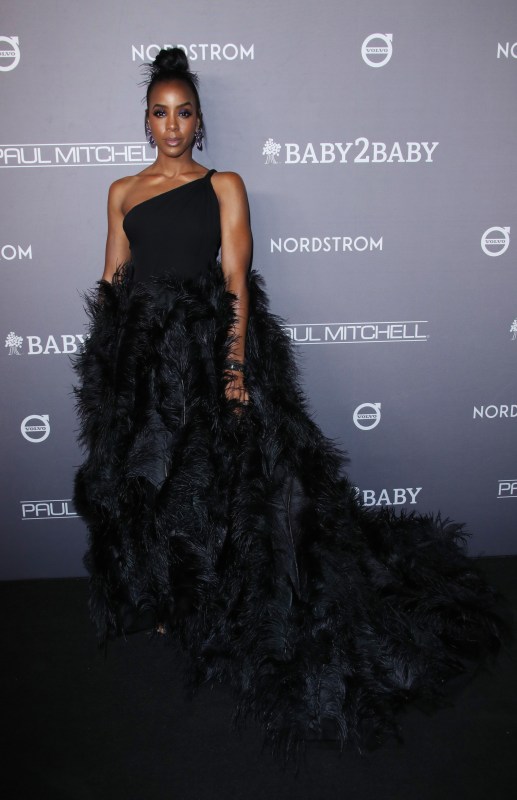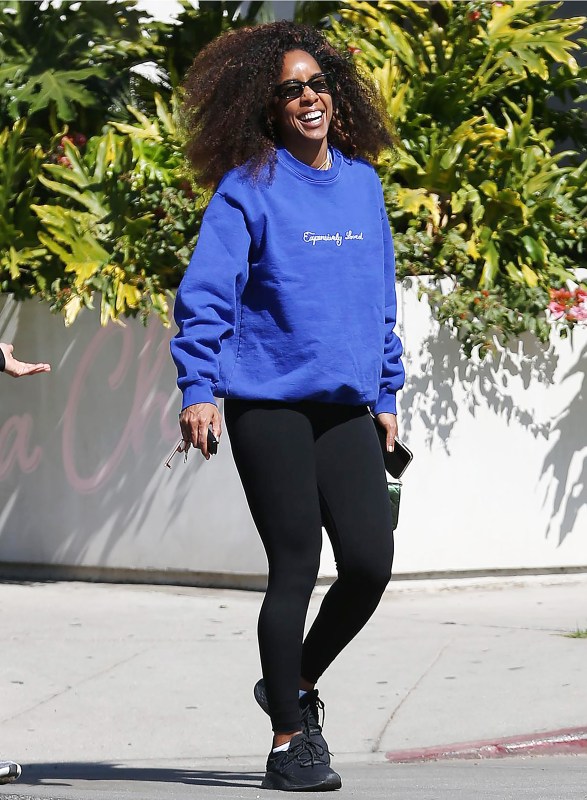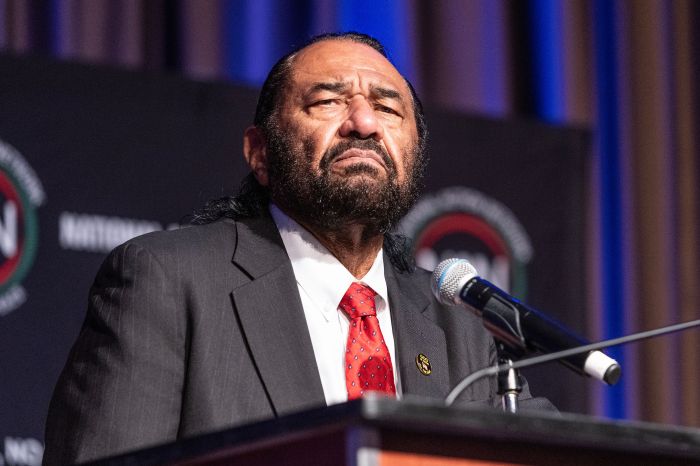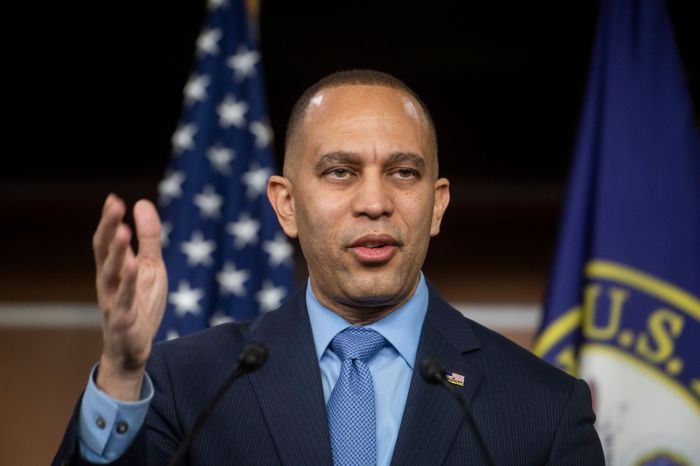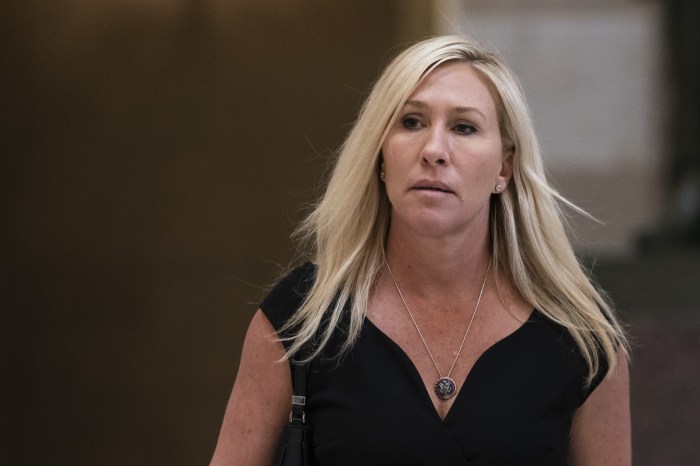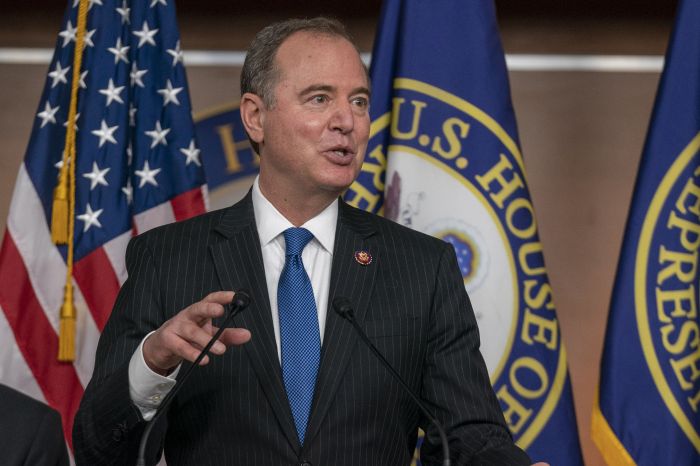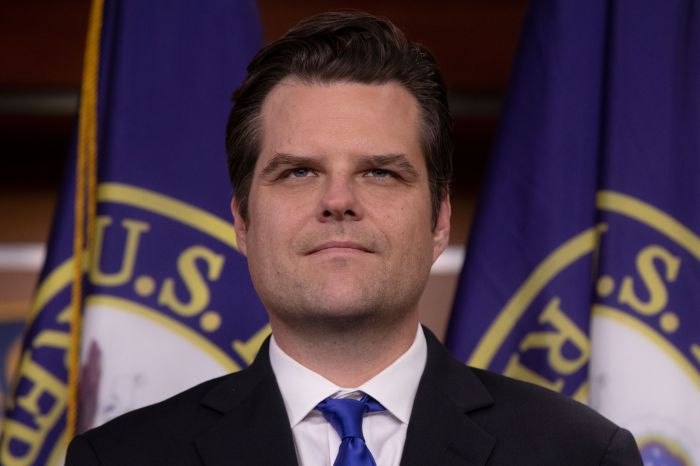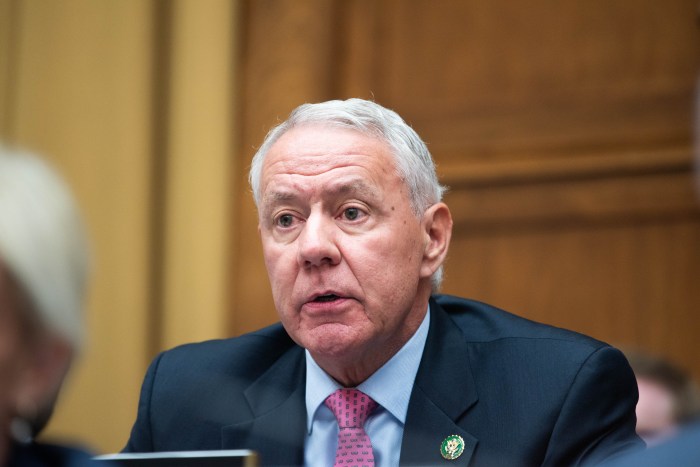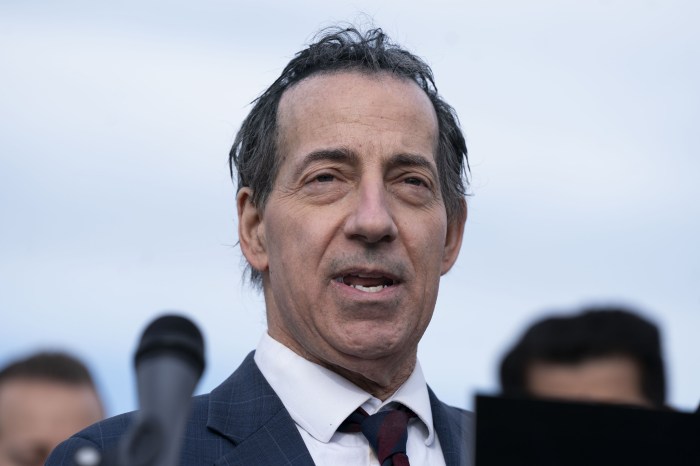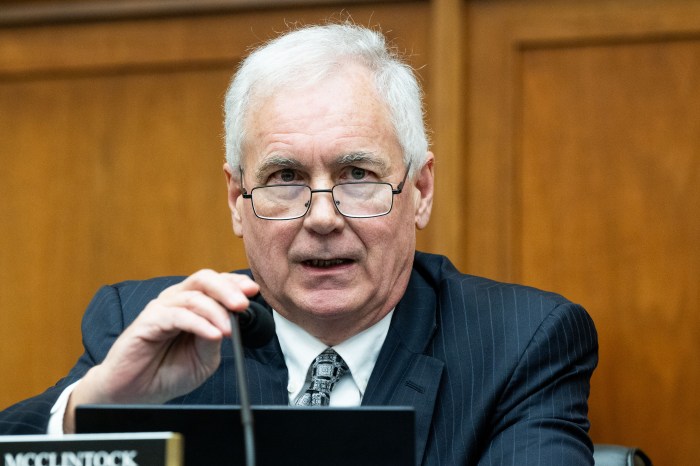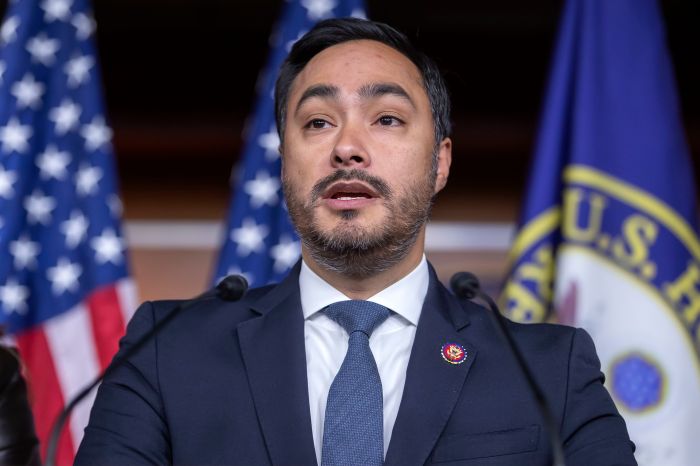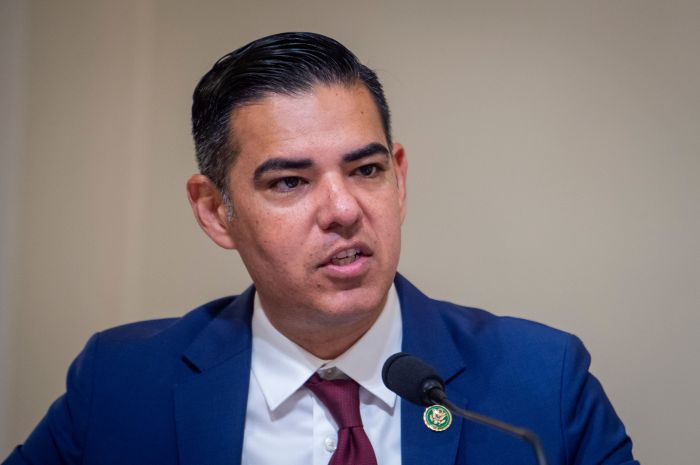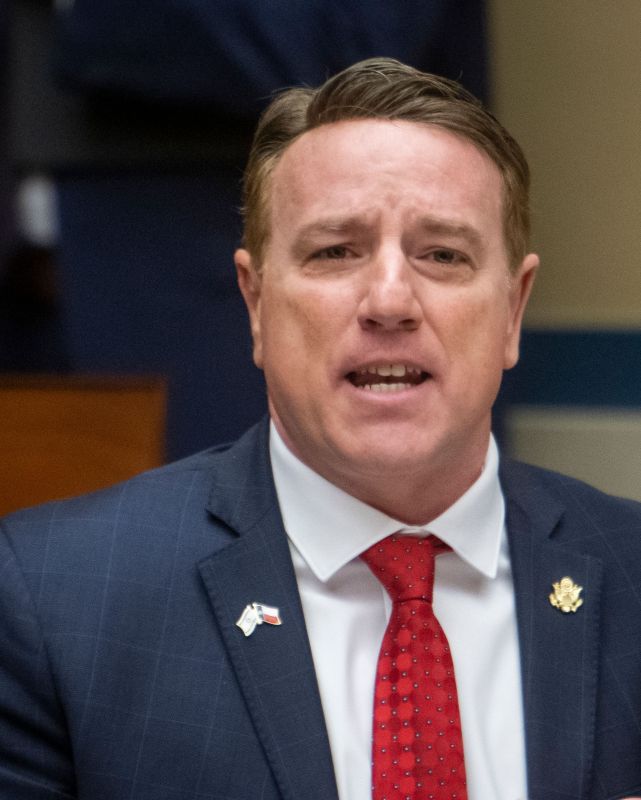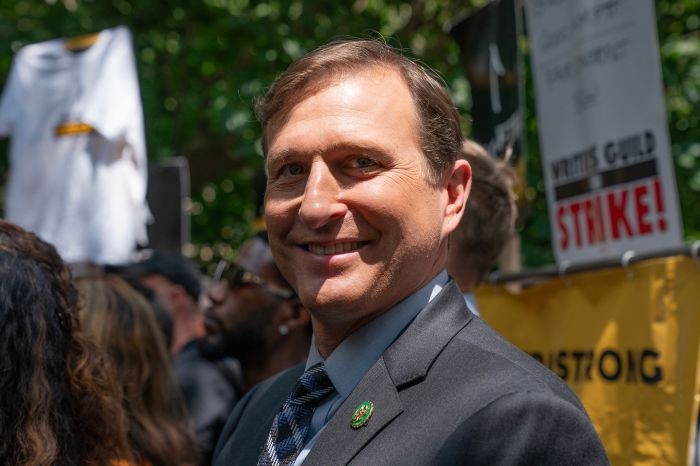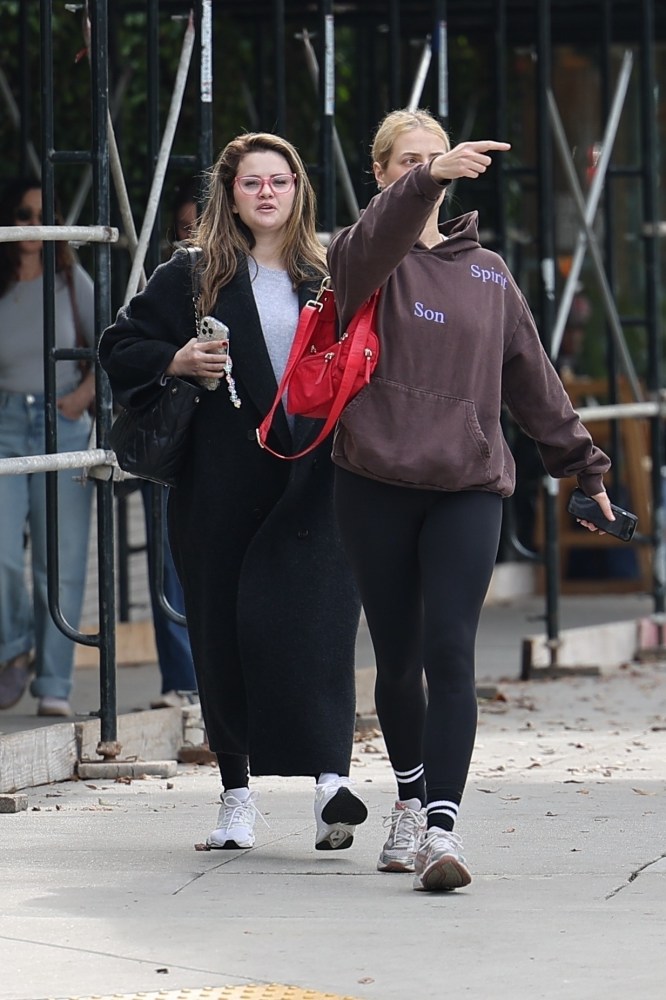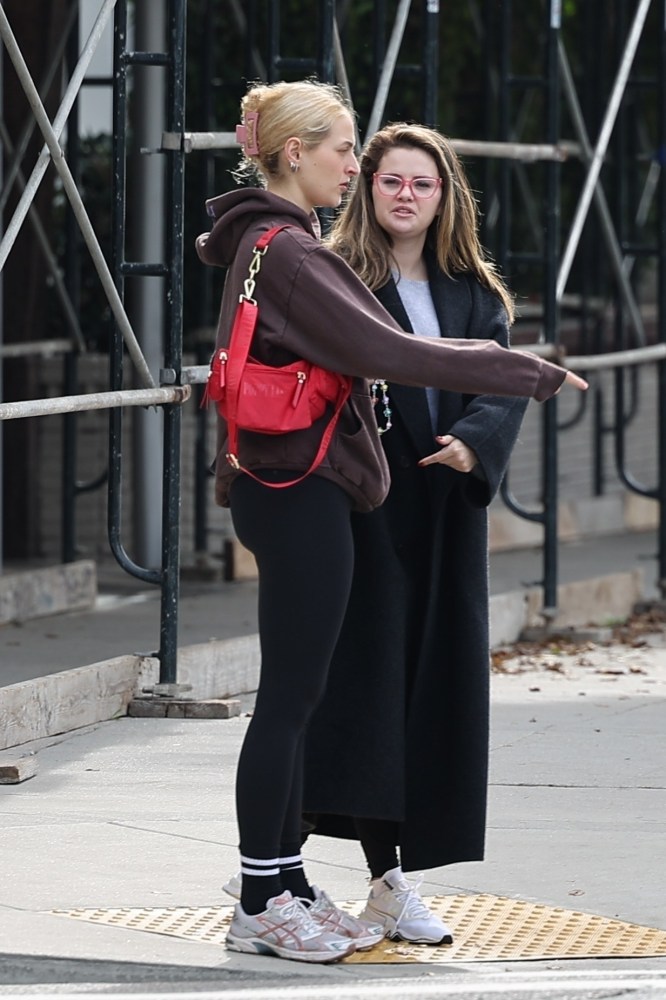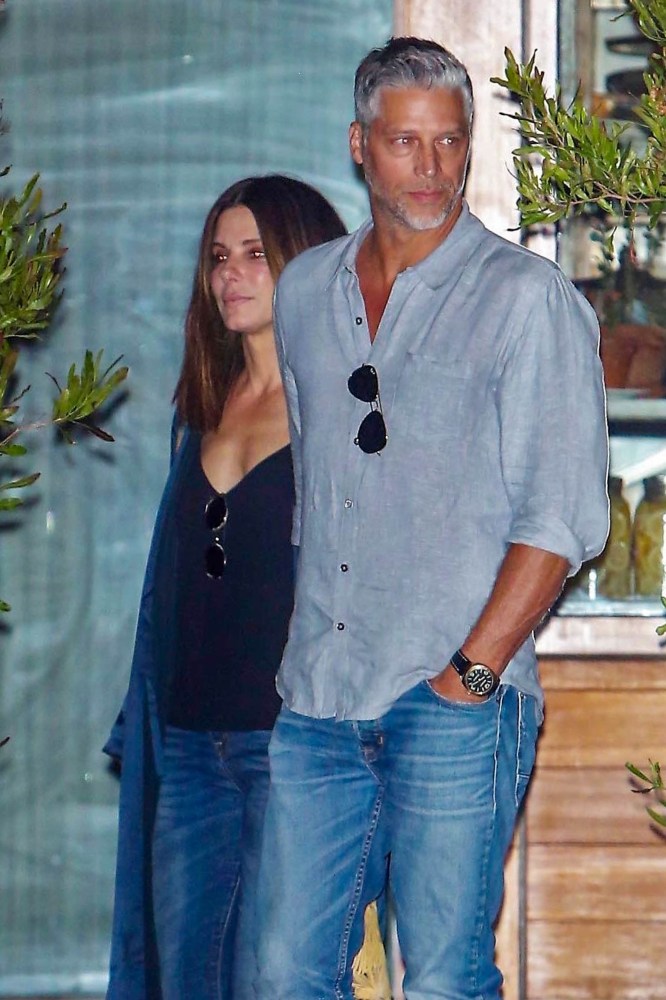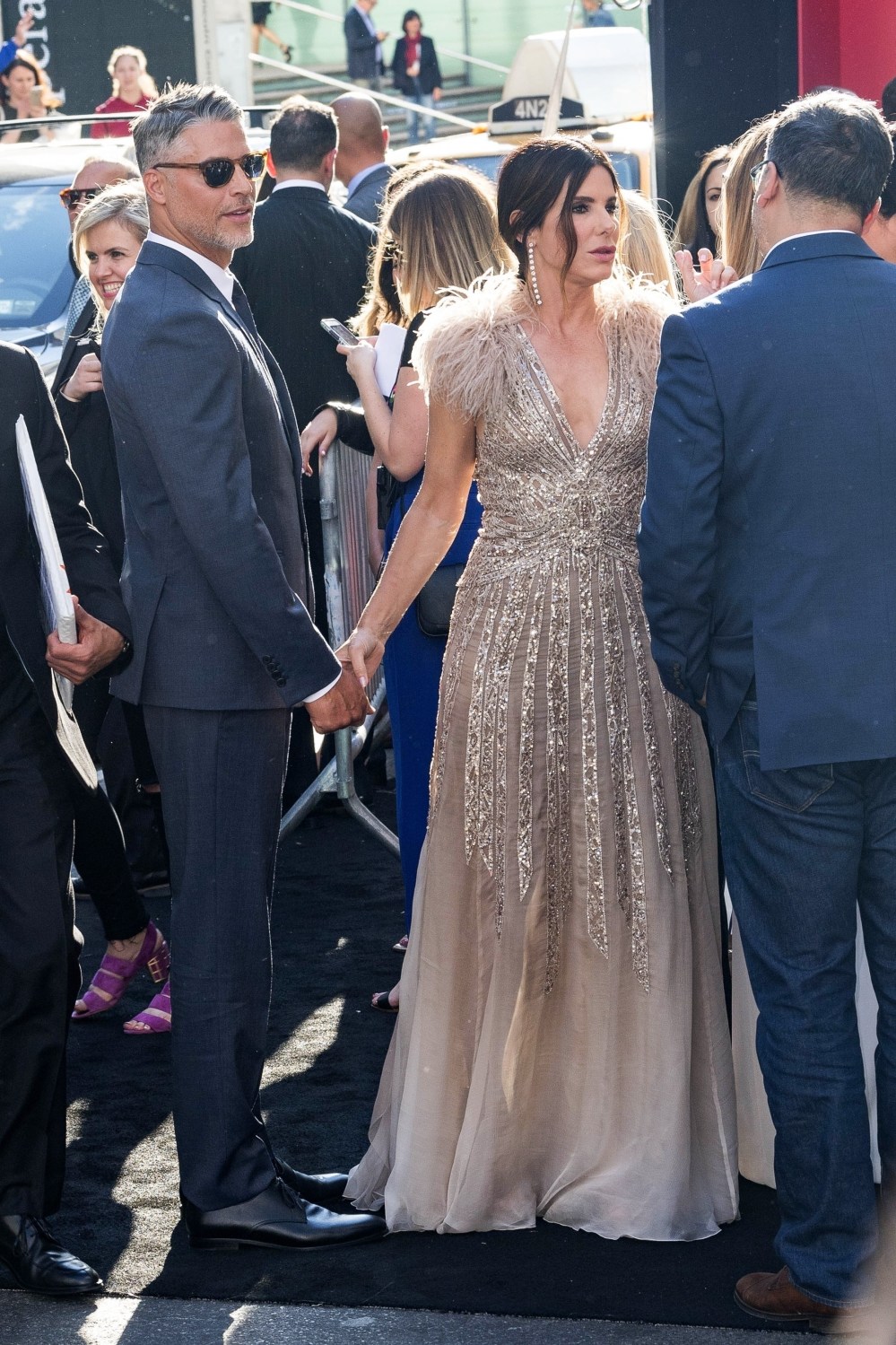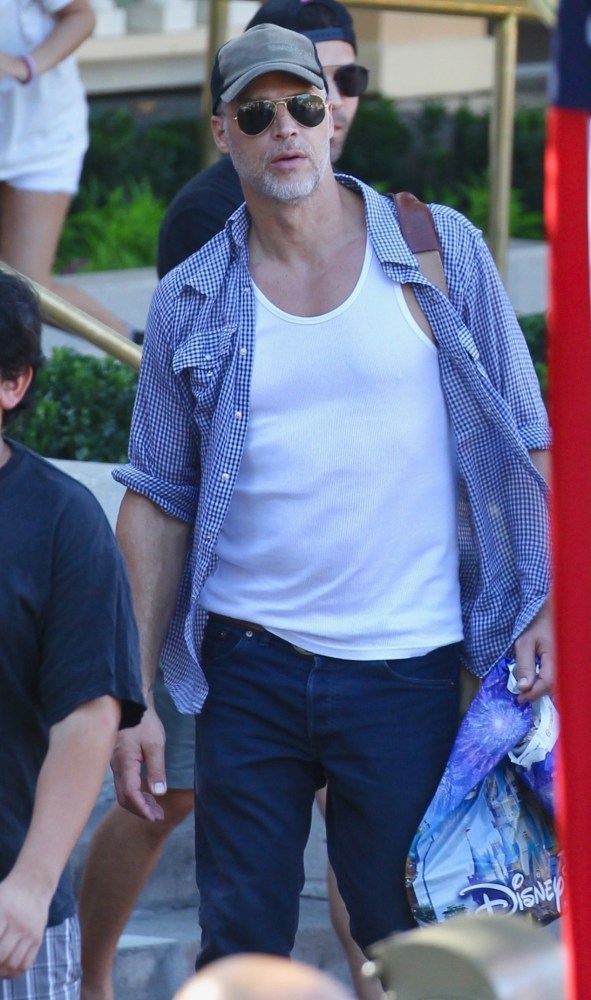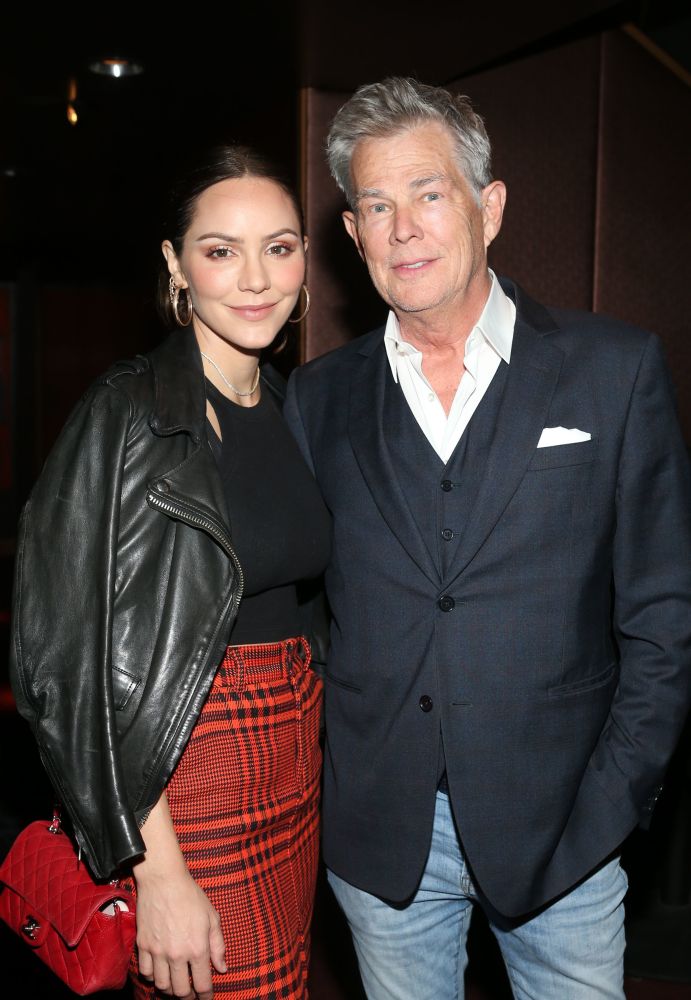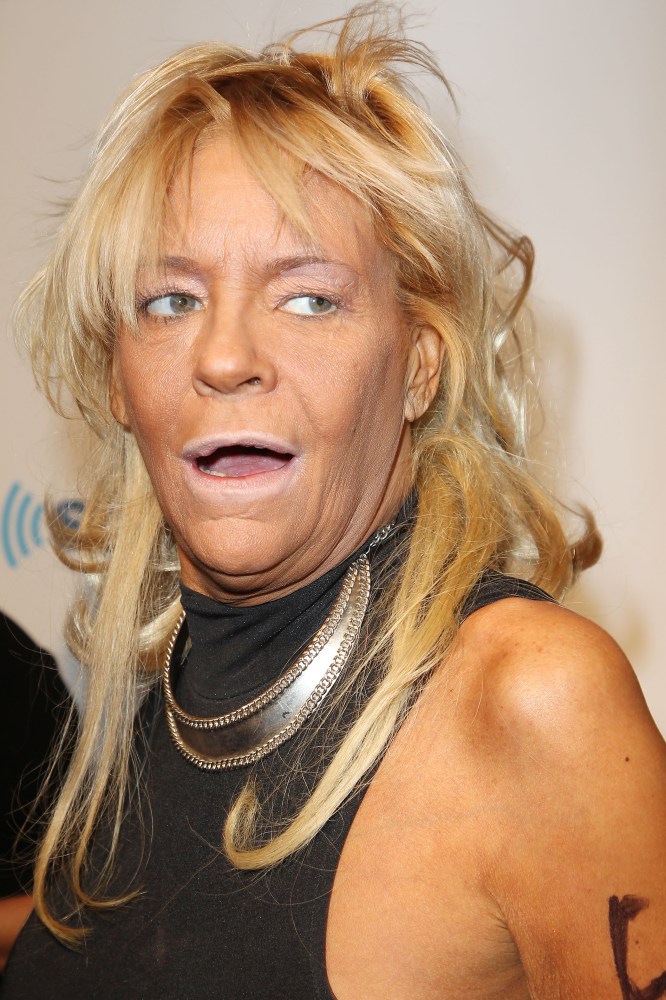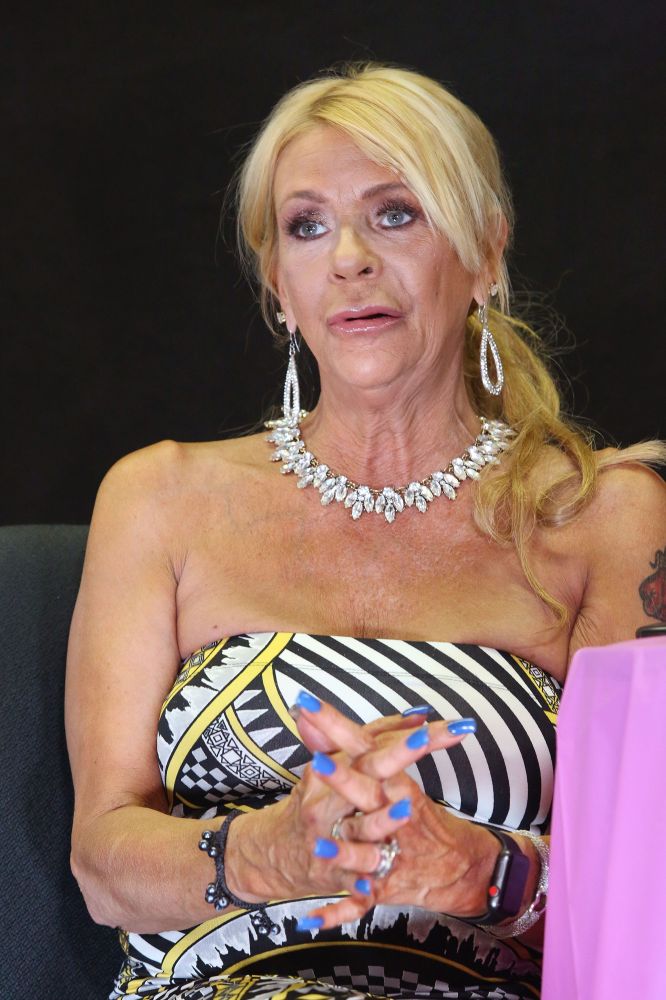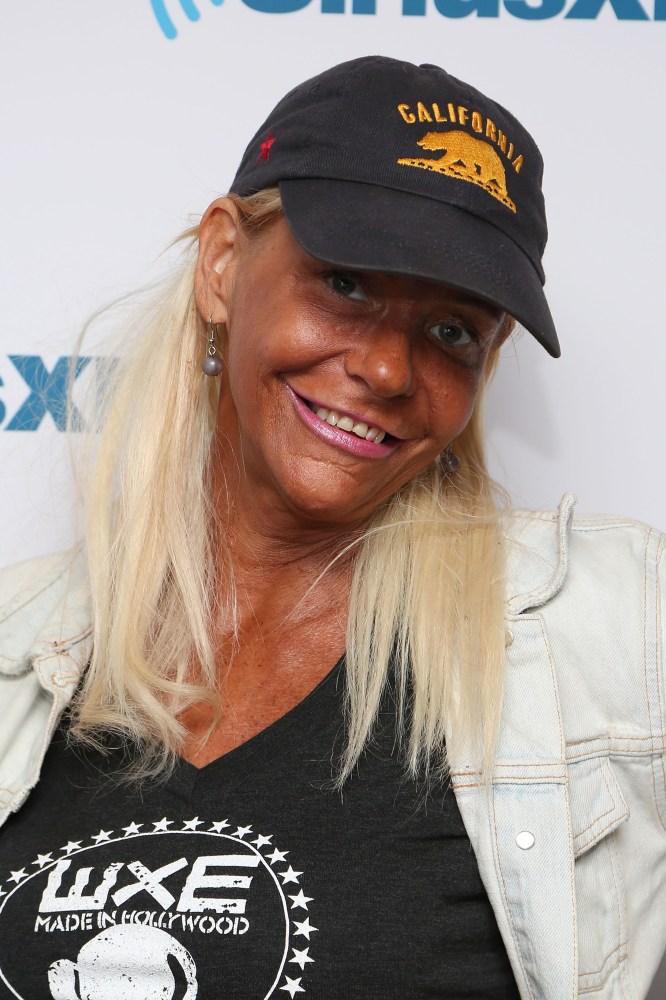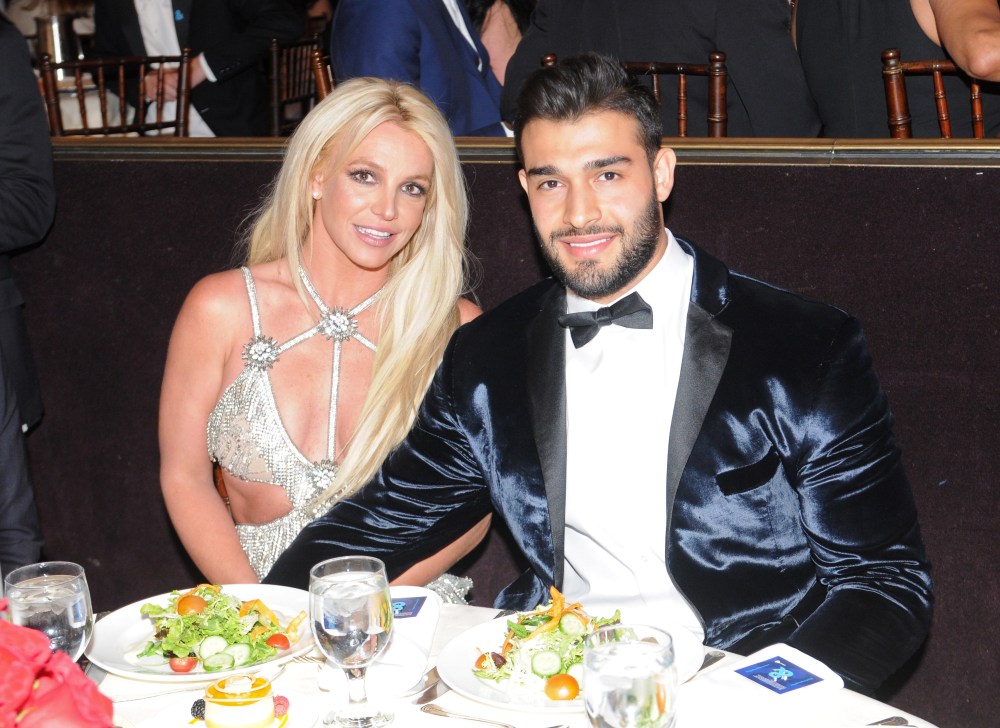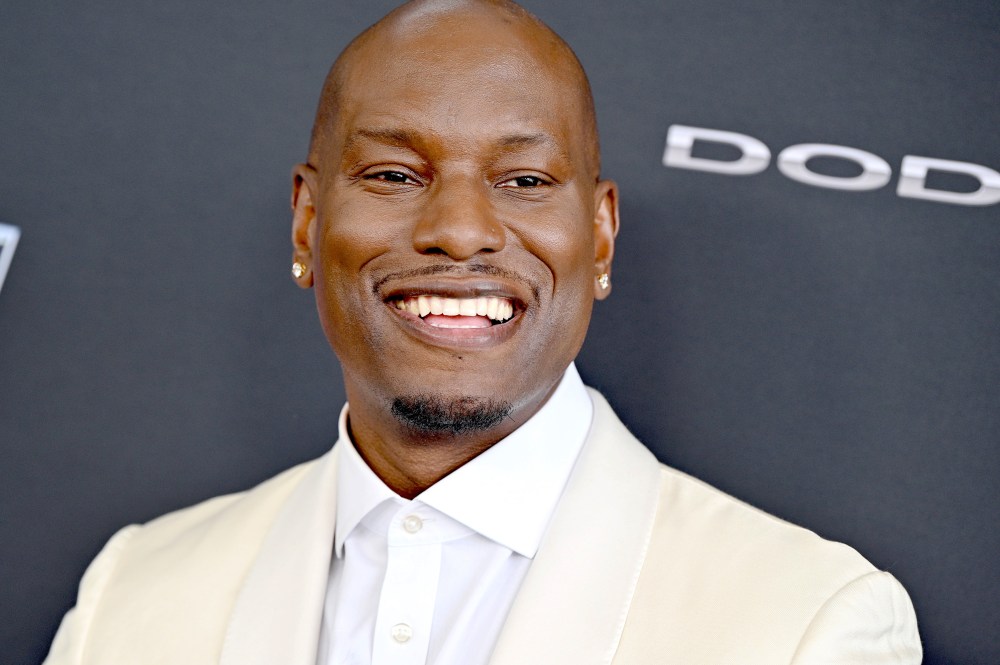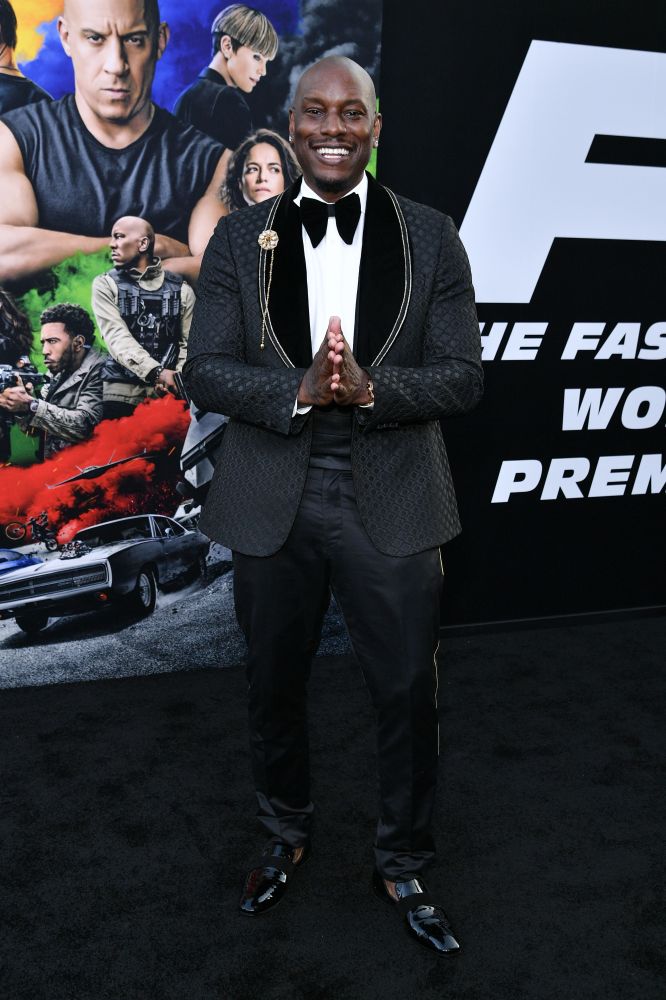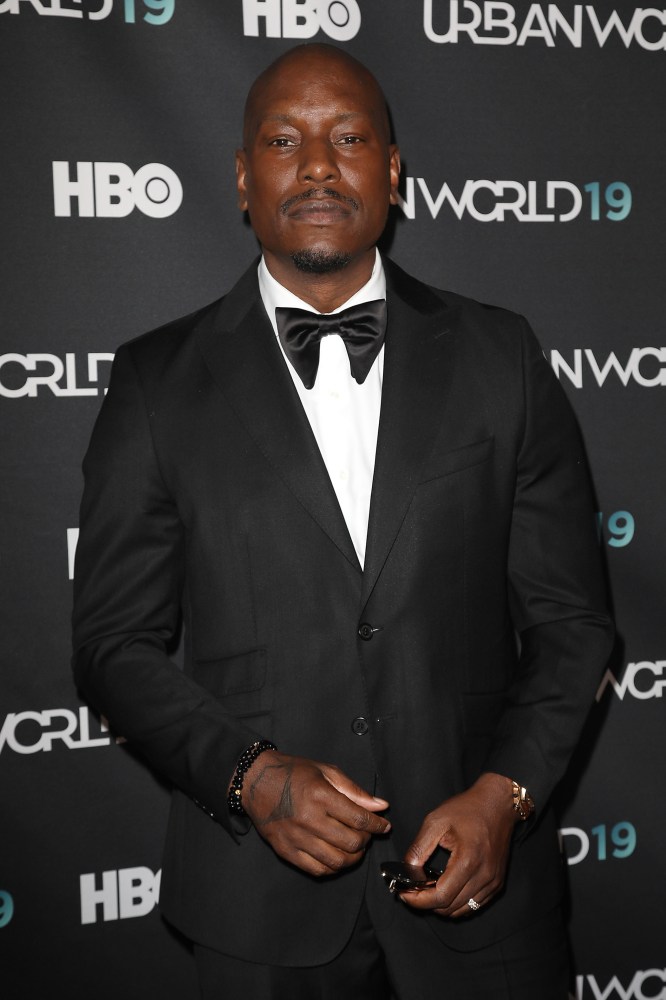Rapper Meek Mill tells Page Six that he is a "political prisoner" and a victim of a marred criminal justice system that holds black men in prison for crimes they did not commit.
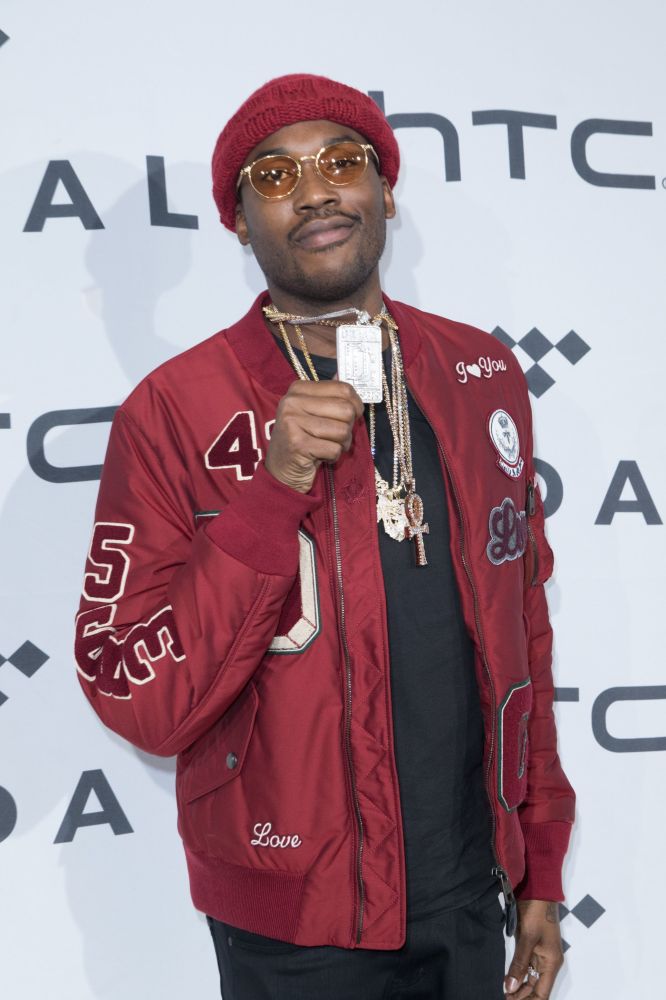 Rex USA
Rex USA
Back in 2008, Mill was convicted in Philadelphia for selling crack to an informant and threatening police officers with a gun — charges he has denied. Judge Genece Brinkley sentenced him to up to 23 months in jail and 10 years probation. The hip-hop star served several months of his sentence and was let out on parole.
However, he was arrested again in 2017 for "reckless endangerment" for doing wheelies on a motorbike in New York City while not wearing a helmet. While no new charges were filed, because he was still on probation, the same judge sentenced him to two to four years in jail.
This hefty sentence has ignited criticism from fellow artists like JAY-Z, who has said that "the criminal justice system stalks black people like Meek Mill."
 Stephen Lovekin/Variety/REX/Shutterstock
Stephen Lovekin/Variety/REX/Shutterstock
In a major development, it has now been alleged in court documents that Mill's original conviction was a setup by corrupt police officers. A few months ago, his arresting officer and the main witness against the rapper, Reggie Graham, was revealed to be part of a list held by the Philadelphia District Attorney of "tainted" police who had a "history of lying, racial bias, or brutality."
While Meek is still in jail, having now served five months behind bars, appeal pending, the criticism of his sentencing grows louder. The DA, the mayor and the governor all say that he should be let out on bail, however, Judge Brinkley thus far has refused.
Mill recently got on the phone with Page Six from the State Correctional Institution in Chester, Pennsylvania, to discuss the ongoing case: "I am a political prisoner. Yes, I'm frustrated there's no way in a million years I could get a fair trial in front of this judge," he said. "Yeah, I am angry, but I am a prisoner of politics — me being in this situation, has brought light to the people who are serving time because of other corrupt cops."
Mill went on to explain why he could not have pointed a loaded gun at the cops: "In the middle of a full-blown raid, do you believe that I could point a gun at two officers, when there's 10 other officers in attendance with firearms in the air?"
"Do you believe in America that I could point a gun at two officers and not be killed or at least shot at?" he asked. "They are trained … to shoot into the target and neutralize, that's why you are seeing young black men who are shot 20 times, 15 times, for reaching for their cellphone in their pocket or running from police."
"Anybody in the world — you don't even have to be a judge — knows I didn't point a gun at these cops," he continued. "I don't have a reason to point a gun at a police officer, I am not a suicidal person, I never thought about suicide, I don't want to kill myself. Pointing a gun at a cop is suicide."
"You will never even hear a lyric [from] me talking about killing a cop or shooting at a cop," he said. "Everybody knows if you are a black young kid coming up, you know don't ever lift a firearm at a cop unless you want to die. It's simple."
Along with a sworn affidavit filed in February by an officer saying that he never saw Meek point the gun, the rapper also claims that officers lied about him having sold crack to an informant.
"They [the officers] are supposed to bring the crack to court as evidence, most of the time they give the informant marked money," he said. "I didn't have any of that in my case, and she [Judge Brinkley] found me guilty on all charges. … Now there's all this evidence coming forward that the cop that testified against me is corrupt, he's not allowed to testify [again] in the city of Philadelphia," Mill explained to Page Six.
"Once officers are corrupted, they say it is fruit from a poisonous tree, anything that he ever did is poisonous, and the cases are supposed to be retried or thrown out," he added. "I did not point a gun at police … and they arrested me outside, they handcuffed me, they took me into the house and they beat me up … and when I came out my face was bloody, I had abrasions to my face … my hair pulled out of my head. The way the cops treated me, they were the thugs, they beat me, they lied about it, and they sent me to jail."
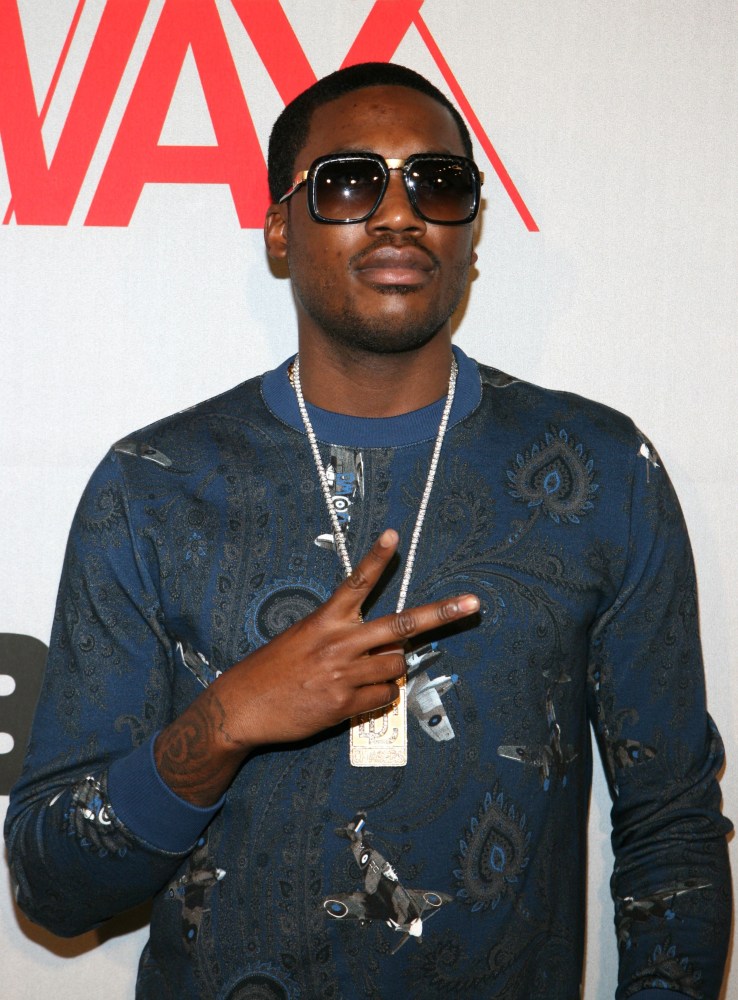 WENN
WENN
Meek feels that the judge's bizarre interest in the case keeps him a victim of the system. He says her actions include checking up on him personally at community service, telling him that he should get a new manager for his music and inviting him and former girlfriend Nicki Minaj to her chambers and requesting he write a song about her as a judge. The judge also selected Meek's probation officer while he was on parole.
Meek told Page Six of Brinkley, "It is clearly an obsession with me because … anybody should be able to handle my case … the judge hand-picked my probation officer and then I am in trouble every time."
Judge Brinkley's attorney, Charles Peruto Jr., has vehemently denied that she has a "personal vendetta" against Meek. "It's a ridiculous and outrageous claim," he said, insisting that she is just doing her job. "If you don't want a tough judge, then don't elect them."
Meek continued to plead his case to Page Six: "But now it is not normal, I'm doing time in a state penitentiary right now for a crime I didn't do when I was 19, I'm 30 years old now. Do you think I pointed a gun at a cop? That's just as simple as it gets …. you would be dead … I was arrested by a dirty strike force. … I was locked up by corrupt cops, they think that because I am a celebrity, I'll find a way around it. No — I want justice."
"The [Philadelphia] District Attorney, Larry Krasner supports me getting bail … he isn't supporting me getting bail because I'm a rapper, or I'm a black kid, or because I make money, he's doing it because it's the right thing to do. He's familiar with these cops, he's familiar with their activities. … He knows nine times out of 10 these charges would be thrown away. He's not doing it to look good for Philadelphia, he's doing it because it's the right thing to do."
Meek (real name Robert Williams) was raised in poor conditions in North Philadelphia and grew to stardom after his 2012 debut album, "Dreams and Nightmares." But he says that he's still grounded despite the fame: "There's many other men in this situation, their lives need to be saved too, they're kidnapped from their families, locked up in a concrete and metal facility, over crimes they most likely didn't commit."
"Every day that goes by I am losing [time with] my family, I am losing millions of dollars, I am wasting time in prison on a case they know they might overturn, but [I'm told] it's a process, it takes time, they know I can't be treated special," he said.
Finally, Meek is worried about his 6-year-old son, Papi, who lives with his mom in New Jersey and is having a tough time dealing with it all.
"I've always been humble and I know God has a plan for me. I'm wasting time in here, I read, I learn, but I'm wasting time," said the rapper. "I've got a 6-year-old son who has never been suspended from school and in the five months I've spent in jail, my son has been suspended from school," Mill said. "My son uses YouTube and he sees his dad is in prison, so he thinks that's the right thing to do — be bad. I'm not there to support my son — if I'm not there to support my son, I'm wasting time as a man."
The rapper's next hearing is on Monday, April, 16, with Judge Brinkley. As of now, there are no clear signs of any progress being made toward freeing him.




